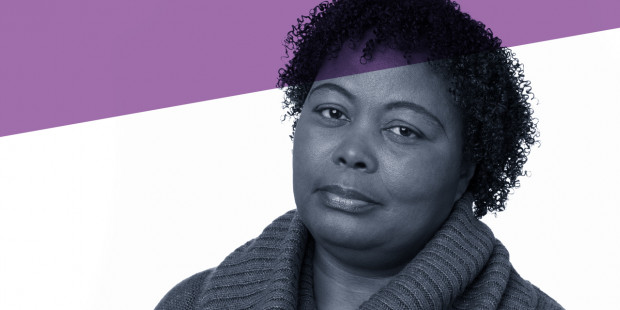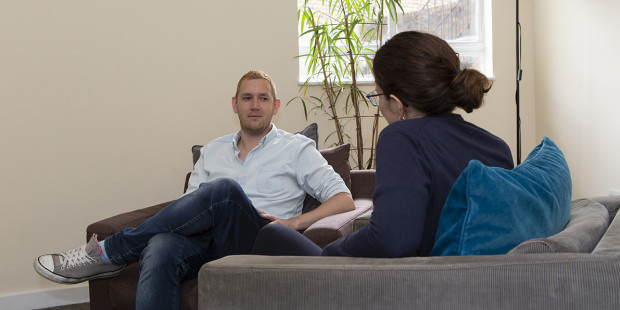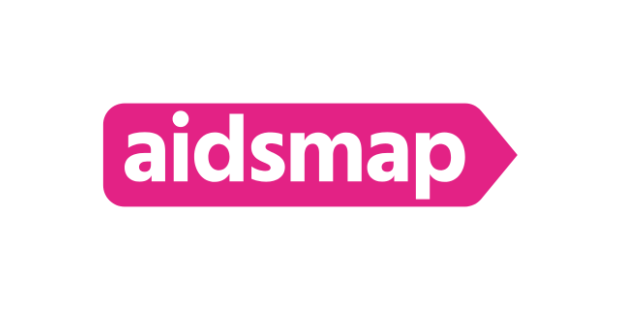
What do I need to think about?
If you’ve had unprotected sex recently, and have since been diagnosed with HIV, your partner may need to wait for a few weeks before testing to make sure the result is accurate.
Once you’re on effective treatment and have an undetectable viral load you won’t be able to pass on HIV.
If you decide to stop using condoms it’s a good idea to speak to your HIV doctor or nurse to make sure your viral load is undetectable. Remember that without condoms you’re both still at risk of other sexually transmitted infection.
Does the law say I have to tell my partner about my HIV status?
If you’re having protected sex there’s no law saying you must tell your partners that you have HIV. It’s your choice whether you tell them or not.
However, in England and Wales there’s a risk of being prosecuted for reckless transmission of HIV if:
- you had sex with someone who didn’t know you had HIV
- you knew you had HIV at that time
- you understood how HIV is transmitted
- you had sex without a condom, and
- you transmitted HIV to that person.
The law in Scotland is largely the same, except that a case can also be brought if transmission hasn’t taken place but someone has been put at risk of transmission without their consent or knowledge.
Do I need to tell my previous partners?
Whether you tell previous partners can depend upon a number of factors such as what your relationship was like, the type of sex you had and whether it was protected.
You can ask staff at your HIV clinic to contact your ex-partners and sexual contacts for you. They can do this without giving any of your details away.
Telling a long-term partner
Talking to your long-term partner about your HIV status can be very emotional for both of you. Your partner may not react in the way you expect and there may be concern about the risk of contracting HIV. They may not know the recent findings that if you’re on effective treatment and your viral load is undetectable, you can't pass on HIV.
How can I help my partner understand more about HIV?
Your partner may be anxious about your health and it can be useful to have some leaflets to hand that you can show them to reassure them.
Another idea is to take your partner to one of your clinic appointments so that they can meet your doctor and ask questions.
Telling casual sexual partners
When thinking about telling a casual sexual partner about your HIV status it's worth thinking about why you want to tell them and whether the sex you had was protected.
The reasons you have for telling (or not telling) may depend upon the kind of relationship you want to have. For example, do you plan to see the person just once or are you hoping for a longer relationship?
It may also depend on the kind of sex you want to have. If there is no risk of passing on HIV, some people see no reason to talk about their HIV status.
Others tell partners so that it’s easier to make informed decisions about sex.
Some people prefer to talk about their HIV status in a more neutral environment, at a later date or wait until they have got to know the person better. Other people drop HIV into the conversation very early on, in a casual and matter-of-fact way, so that if the other person cannot accept it, no time is lost.








